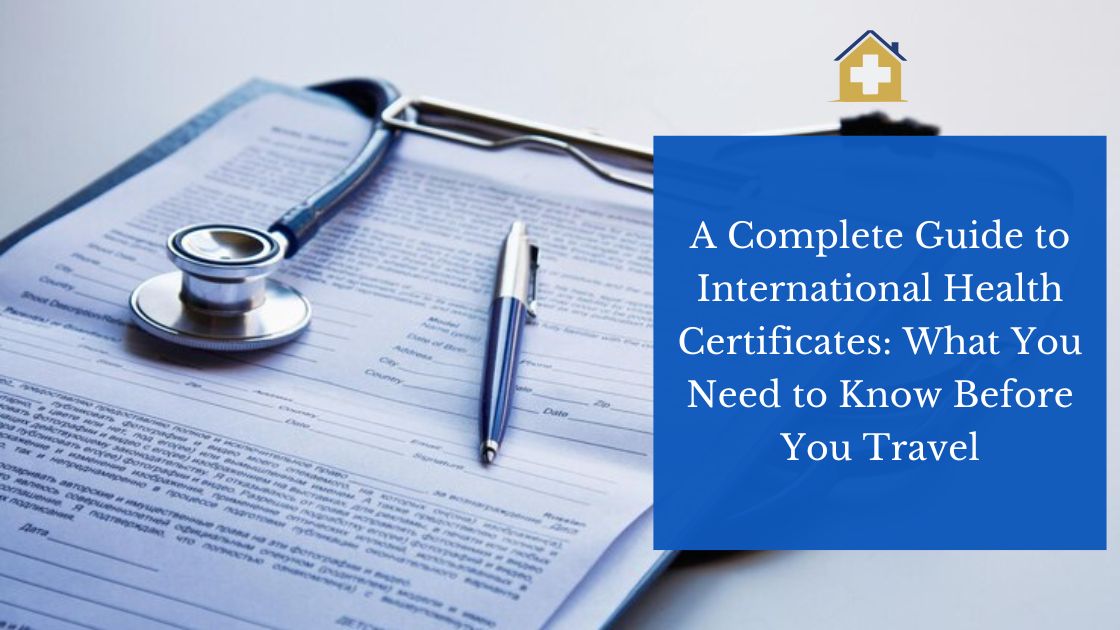We’re open and continuing immigration medical exams! The I-693 form remains valid indefinitely - no need to wait for the government shutdown to end.


We’re open and continuing immigration medical exams! The I-693 form remains valid indefinitely - no need to wait for the government shutdown to end.

Traveling internationally involves more than just packing your bags. One essential aspect of your trip planning may be securing an international health certificate. This certificate is required by many countries to ensure that travelers meet international travel health requirements, particularly in terms of vaccinations and medical fitness. Understanding the process and importance of obtaining this certificate is crucial for ensuring smooth entry into your destination country and safeguarding your health during travel.
An international health certificate is an official document issued by a licensed healthcare provider. It confirms that a traveler has received the necessary vaccinations and is free from certain diseases that could pose a risk to public health.
While a general medical certificate for international travel is the most common, some countries require specialized certificates. One example is the yellow fever vaccination certificate, which is mandatory for travelers to certain regions of Africa and South America.
These certificates are issued by licensed physicians or civil surgeons, often those designated by the government or other health authorities. It’s important to ensure that the professional providing the certificate is recognized and authorized to do so.
There are several factors that makes International Health Certificates Important:
Many countries have specific health regulations in place for incoming travelers, including required vaccinations or proof of health clearance. Having an international health certificate ensures you meet these regulations, preventing delays or issues upon arrival.
Health certificates help to minimize the spread of diseases across borders. They ensure travelers are vaccinated against diseases that could cause outbreaks in other countries, such as yellow fever, polio, and meningitis.
Travelers without the required health documentation may face denial of entry or quarantine upon arrival. An international health certificate may be essential for ensuring a smooth entry process, avoiding unnecessary complications during your trip.
Each country has its own set of vaccination requirements, often determined by the risk of certain diseases in the region. Here are some of the most common vaccinations needed for international travel:
One of the most well-known and frequently required certificates is the yellow fever vaccination certificate. This vaccination is mandatory for travelers to certain parts of Africa and South America, where yellow fever is endemic.
Most vaccinations require a few weeks to become effective, so it’s important to plan ahead.
In addition to vaccinations, some countries have other health-related entry requirements:
Here’s the process for obtaining your international health certificate:
Here are some additional tips to ensure you are fully prepared:
Obtaining an international health certificate may be an essential step in preparing for international travel. It ensures compliance with health regulations, protects your health and the health of others, and prevents complications at the border.
For any questions regarding international health certificates or travel-related medical requirements, book a consultation with Dr. Steven Wittenberg Gordon, a licensed civil surgeon with expertise in immigration related services.